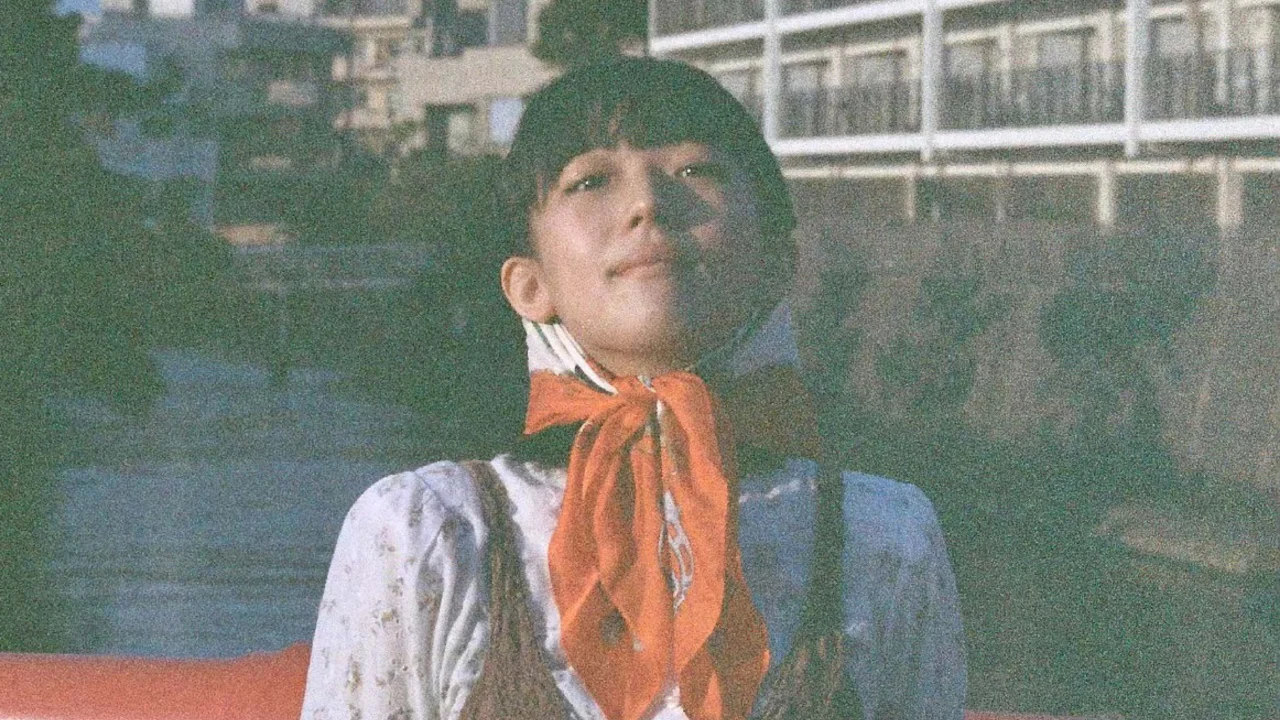INDEX
The counter is a tool for communicating with people in a safe environment.
Takano:You are originally from Oita, so you had a bar in your hometown, didn’t you?
Ono:I trained as a bartender in Oita for almost 10 years, and when I was about 30 years old, I came to Yokohama to start.
Celeina:What was it that brought you to Tokyo?
Ono:I happened to be from Oita, and a mama who runs a club in Yokohama invited me and said, “If you come, I’ll make a bar for you”.
Celeina:That is an amazing coincidence.
Ono:I didn’t know them before they invited me, but I happened to meet them and they asked me if I wanted to try it, so I came out.
Takano:I think bartenders need a variety of skills. Of course, making drinks and communication skills are important, but what kind of training did you have?
Ono:A surprisingly large number of bartenders are shy.
Takano: Is that so?
Ono:I think so. At least I think so. I have the impression that a bar is like a tree that stops, a place where customers can feel at ease, and for bartenders, the counter is a place where they can communicate with people in peace.
Takano: In a space called a bar, the roles of the bartender and customers are sort of fixed, aren’t they?
Ono:I find it difficult to talk to people without a counter.
Takano: That’s interesting.
Celeina:You were a wandering bartender, so did you give yourself the name “wandering bartender”?
Ono:I started calling myself a “wandering bartender,” but actually there was a senior bartender who was more wandering than me, and after meeting him, I thought I was no match for him, so I dropped that name.
Celeina:Does that mean that your senior was more active?
Ono:That senior member was always there, no matter where we went. We were on the same team at Fuji Rock, but he was more active than me, so I thought I couldn’t win.






















